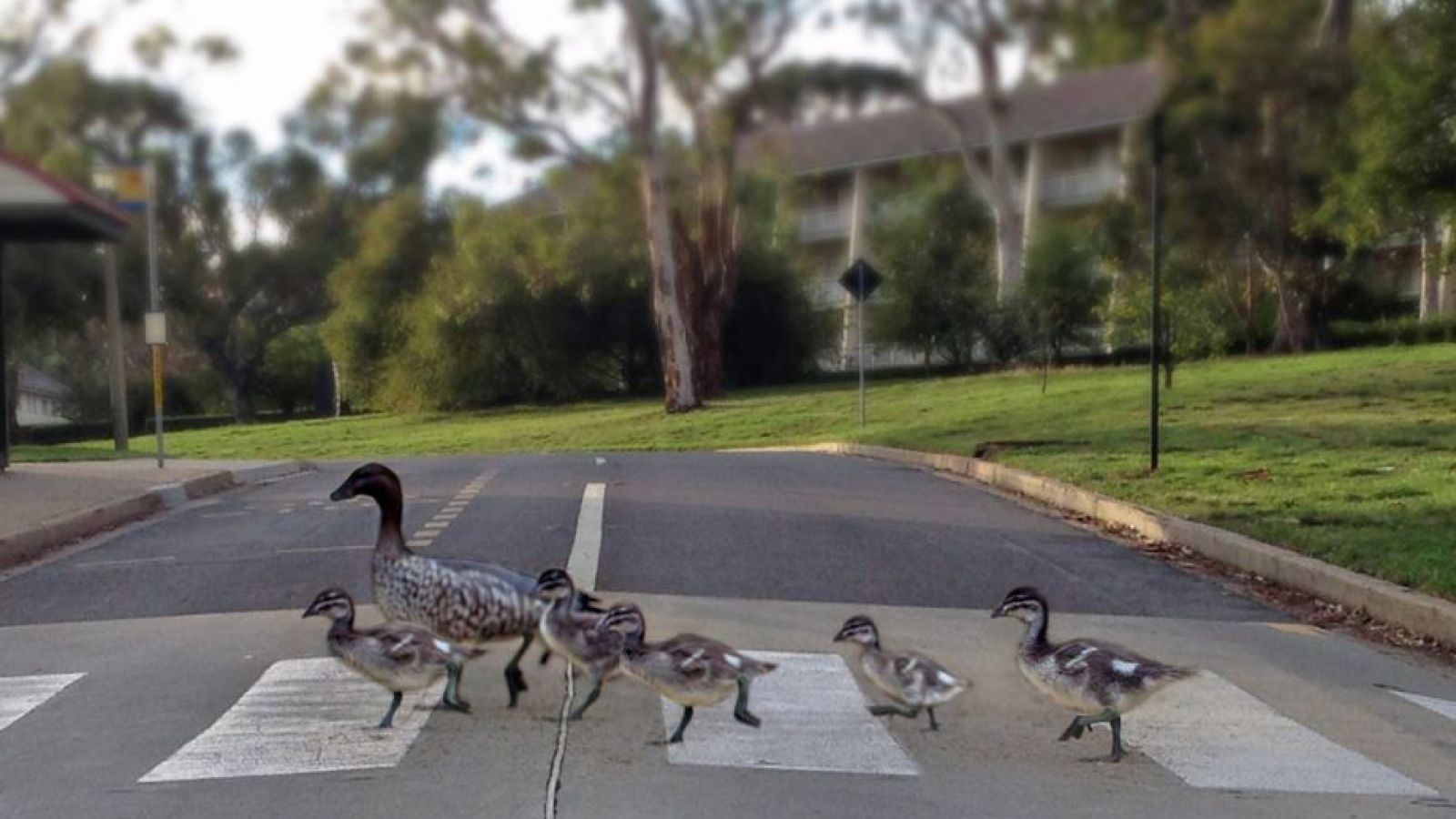ANU Becomes a World Health Organisation (WHO) Collaborating Centre

 Australia will play a key role in shaping global research and policy on bioethics after the Centre for Applied Philosophy and Public Ethics (CAPPE) at The Australian National University was made a World Health Organization (WHO) Collaborating Centre for Bioethics.
Australia will play a key role in shaping global research and policy on bioethics after the Centre for Applied Philosophy and Public Ethics (CAPPE) at The Australian National University was made a World Health Organization (WHO) Collaborating Centre for Bioethics.
The designation of CAPPE at ANU as a WHO Collaborating Centre for Bioethics recognises the important work being done by bioethicists at the University and puts Australian research at the forefront of international health, policy and ethics. CAPPE at ANU is one of only six bioethics collaborating centres around the world, and joins established centres at Assistance Publique – Hopitaux de Paris in France, University of Chile, University of Toronto in Canada, University of Miami in the USA and University of Zurich in Switzerland.
ANU Vice-Chancellor Professor Ian Chubb said the designation reflected well on the quality of research done at the University.
“This is a prestigious honour for ANU and means that Australia has a key role to play in the shaping of international policy in the important area of bioethics,” he said.
“The worldwide spread of the H1N1 virus has reinforced the importance of considering all elements of public health and safety when confronted with pandemics. Bioethics has a significant role to play in ensuring that public health outcomes are equitable and help the largest number of affected people as possible. ANU is currently the only WHO Bioethics Collaborating Centre in the region and will ensure that Australian research and talent play a formative role in worldwide approaches to bioethical issues.”
The centre will be led by Dr Michael Selgelid of CAPPE at ANU. Dr Selgelid’s previous work with the WHO over several years has been instrumental in helping the University achieve the designation. He said the centre would work with the WHO in three specific areas.
“As a collaborating centre we’ll be working with the WHO on ethical issues associated with infectious diseases such as tuberculosis and influenza, research ethics, especially in the context of biosecurity or the ‘dual use’ dilemma, and ethical issues associated with intellectual property rights in pharmaceuticals,” he said. “Our work will feed into the work of the WHO on bioethics, including the organisation’s guidelines in these areas.
“This is enormously prestigious for CAPPE and ANU because there are so few bioethics collaborating centres around the world. The designation demonstrates that Australia is showing international leadership in the area of bioethics, and as the only such University in the region, ANU is establishing national leadership in this important discipline.”
Contacts for interviews: Dr Michael Selgelid – 0431 124 286 For media assistance: Martyn Pearce, ANU Media Office – (02) 6125 5575 / 0416 249 245